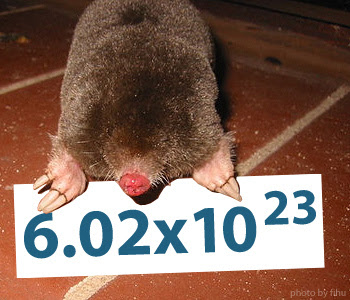 |
| Photo by Cowboytoast |
“Real world” and “authentic” are two of many educational buzzwords overused right now. What if instead of making sure that everything has a truly “real” context we give students a creative opportunity to explore the “unreal.”
The inspiration for this post comes from a new blog by Randall Munroe, author of xkcd, called What If?. In this blog he answers hypothetical questions by doing the actual math to answer them. So far he has shown things such as how much force does Yoda have? and what would happen if you gathered a mole (unit of measurement) of moles (the small furry creature) in one place? These questions are not real or authentic but the math and science is.
But these questions are fun and interesting! Students love to talk about fantasy and science fiction such as zombies and vampires.
So why not expose your students to a few of these kind of questions and have them try to “prove” their answer. Afterwards show them what Randall Munroe came up with. Then have students come up with their own questions and write out their reasoning and solutions. This activity would tap into their creativity but also demonstrate their mathematical computations and more importantly their mathematical reasoning. It also would be a literacy task in math. Finally and most important in my opinion it may also be an avenue to engage a student’s passions in math class that Jeff de Varona has been asking about.
